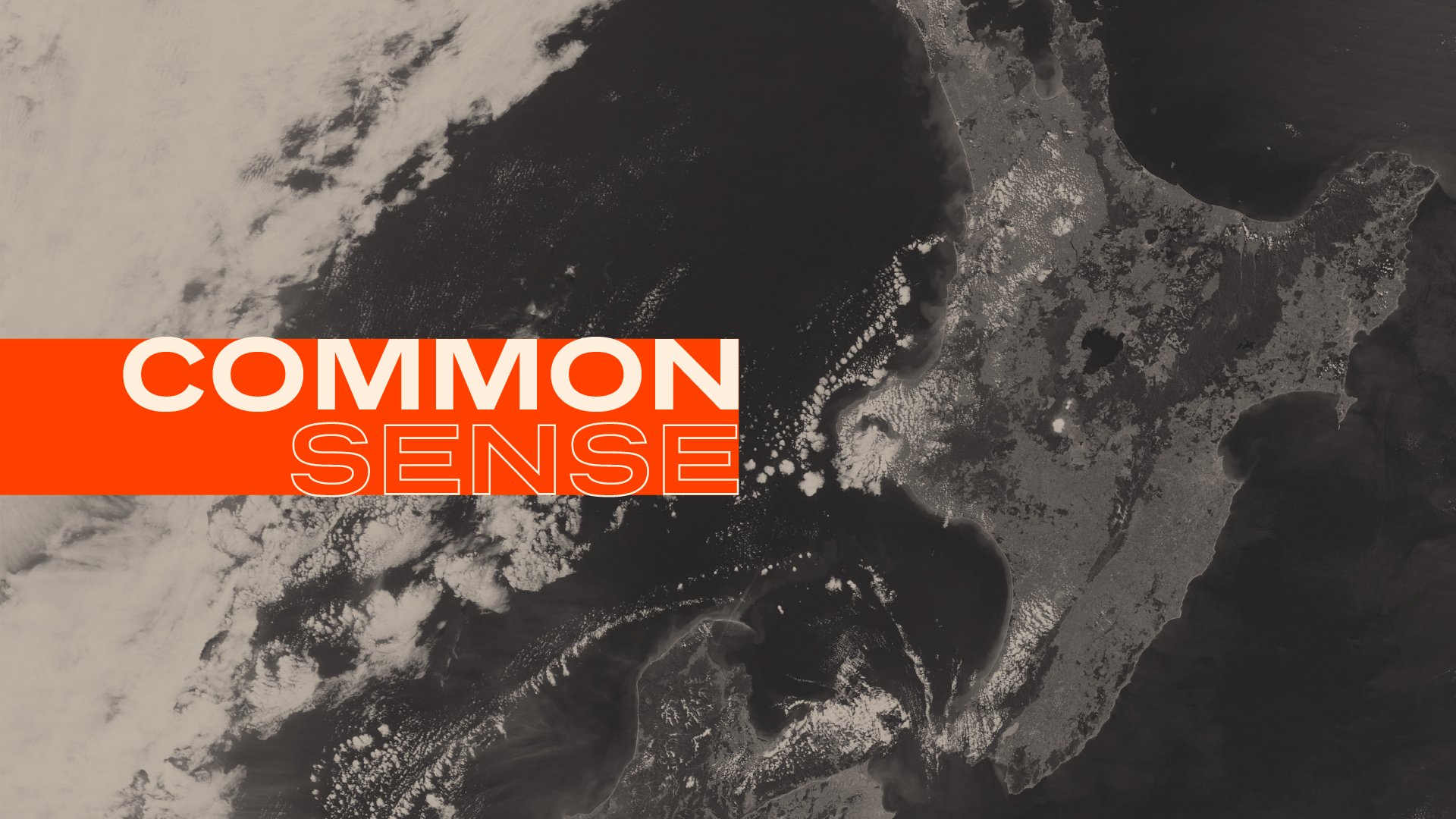
Articles
Everyone is talking about the cost of living crisis. Inflation in the first quarter of 2022 was 6.9%, up from 5.9% in the last quarter of 2021 — the highest level we have seen since 1990. The price of food, rent and, in particular, fuel is going through the roof.
Right now is precisely the time when the monarchy must be challenged. To cover up the normalisation of the new monarch and the arcane traditions associated with his ascension, the royalist establishment is required to weaponise the Queen’s death and the grief many ordinary people do genuinely feel.
Today, Ardern is widely seen as a great success story, the very image of what a progressive, empathetic leader in the 21st Century should look like. Corbyn is near-universally maligned for the alleged crime of destroying the Labour Party and dooming the UK to seven more years of Tory rule. But is that fair?
Wayne Brown faced his first major test as Mayor of Auckland at the end of January, as the city faced the worst floods in its recorded history. He failed this test spectacularly.
Climate change is hitting Aotearoa with force. Tāmaki Makaurau experienced the worst flooding in its recorded history in January, before Cyclone Gabrielle devastated the North Island in February. 11 people were killed, 10,000 people have been displaced, and several people are still missing, with an estimated $13 billion worth of damage done.
In 2017, Jacinda Ardern declared that climate change was her generation's "nuclear free moment." This bold statement of intent spoke to the urgency of the crisis we face. But where were the policies and actions directed towards the polluting multinationals and nations determined to destroy our planet?
Thousands of people across the country marched last Friday as part of the Global Climate Strike. School students were joined by adults of every generation, demanding real action to address the greatest crisis of our time — a crisis that is getting very real, very quickly in Aotearoa.
Primary and secondary school teachers went on a mega-strike in 2019 during negotiations in which the Labour Government refused to pay teachers properly, address the teacher shortage, reduce class sizes, and invest enough money into our education system. Four years later, the situation is eerily familiar.
Austerity: the policy of cutting public spending during a time of crisis in order to “balance the books”. It is a dangerous idea with a dangerous history.
1 May 1889 was the first ever International Workers’ Day. For 134 years since, the labour movement across the globe has marked May Day through marches, parades and festivals, celebrating the power and solidarity of the working class of the world.

Common Sense
As the Omicron wave wanes worldwide, countries have been quick to declare COVID-19 officially endemic- the pandemic we are told is over.
In the 53 years since the term entered the lexicon, the social terrain of politics has radically changed. The median voter today is very different from the median voter of 1969.
As we settle into the current Red Light setting and as the cases of Omicron climb each day, the hospitality sector in Auckland has had its life support switched off.
The centre-left will fail to deliver for working-class people if it doesn't embrace universal basic services. We can only tackle the housing, inflation and inequality crises by decommodifying and guaranteeing the essentials of life for all.
Here are the ways working-class people fought back in 2021. There are many examples, I've only picked my favourites; the thing about something like a global pandemic is it exposes how the system works and whose labour makes the world go round
I think it is fair to say that 2021, like 2020, was an awful year globally, and sadly there is no reason to believe that 2022 will be any better.
Fair Pay Agreements (FPAs) offer Labour the chance to live up to their promise of being a transformational government. It is vital they forge ahead with FPAs in spite of bad faith criticism from the right and business interests.
Listening to Christopher Luxon’s maiden speech I got the impression I had somehow discovered time travel. It appeared I had managed to go back to the halcyon days of 2007. This 2007 was very similar to the one I remembered, it was a period of business as usual.
A Common sensibility is something we’ve been thinking about since a couple years back when a group of us in the left media space met to discuss communication and direction of the broader left project.
New Zealand's success at eliminating COVID in 2020 saw the Sixth Labour government receive international praise and fanfare. In the early stages of the pandemic, our small island nation demonstrated the virtues of evidence-based governance and of listening to the science on issues.

1/200 podcast
We discuss the failed Treaty Principles Bill and potential for a geopolitical restructuring in the political economy instigated by Trump's tariffs. Where to from here? How can we make the most of the moment?
We guest Paris Marx for thoughts about the upcoming Canadian Election with parallels to the electoral situations across the rest of the west.
We discuss the continuing atrocities in Gaza, the blackbagging of activists across the west and declining US hegemony accelerated by an absurd tariffs regime. Closer to home we touch on the Treaty Bill submissions and the horrific hit job on a Green MP by far right muckrakers and politicians.
We spoke with Kate from Justice for Palestine and Lulu from Stop Arming Israel about the ongoing genocide and apartheid in Palestine. They took us through the strategy and purpose of their current BDS Divestment campaign targeting ASB Bank for its investments in Motorola.
This episode was originally published on our old platform, and alongside many others didn’t survive the migration. But with RocketLab and US military concerns again on the agenda, we’ve decided to republish.
In a flashback episode from season 1, this is an interview with Philip and Branko spoke with Oliver Neas in 2019 about RocketLab launches and the precedents being set for NZ-US surveillance and military co-operation.
Waning trust in media alongside a failure to uphold standards and whitewashed investigations has NZ outlets in a bad spot. We discuss the examples of negative framing for Tamatha Paul’s comments about police, and the direct engagement between media leadership and far-right astro-turf groups. When will NZ political and media leadership pull in line with the electorate and reject the accelerating fascism in the US under Trump?
We start with a school lunch update. The NZ Govt is trying to take back control of the economic narrative with an Infrastructure Summit, amid global trade uncertainty. The UK Labour Party is abolishing 'NHS England' and making life harder for disabled people.
As Callaghan Innovation prepares to shut up shop it’s making one last pitch - a hackathon to design a “NZ DOGE”. What the fuck does that even mean? And what is happening with the transplant of US tech culture and propaganda into the NZ discourse?
We get the chance to swing at Labour for their latest fumbled PR and what looks like a signal of further centrism. School lunches remain on the agenda as one student gets second degree burns. And multiple high profile political roles are on the way out.
We discuss the concept of genocide, tracking the history of the concept and definition into the present day.




















